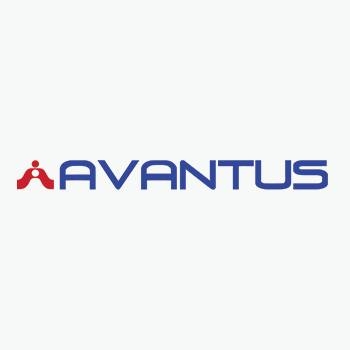Learn the basics of Kubernetes on the Google Kubernetes Engine implementing Service Discovery, Centralized Configuration, and Load Balancing for Microservices.

Through this course, you will:
Learn the basics of Kubernetes on the Google Kubernetes Engine implementing Service Discovery, Centralized Configuration, and Load Balancing for Microservices.
Do DevOps with Kubernetes using Terraform (Infrastructure as Code)
Learn the basics of Continuous Integration and Continuous Delivery and implement them using Jenkins. You will learn to Create Kubernetes Clusters and Deploy Docker Containers of Microservices to Kubernetes using Azure DevOps Pipelines on the Cloud with AWS EKS and Azure AKS.
Learn the basics of Ansible and implement Infrastructure as Code.
Pre-Requisites:
You should have an understanding of software development and be familiar with the Linux command line
Who is this course for?
Attainable Skills:
Understand the core concepts of DevOps
Create and manage repositories on Github
Install and configure Jenkins Master node
Install and Configure Jenkins Slave Node
Create a Pipeline job to automate git clone, maven package,
Add spring boot java webapp server to pipeline
Integrate SonarQube and sonar static code analysis in pipeline job
Integrate Nexus and Archive artifacts in pipeline job
Understand docker and Kubernetes
Install docker, create your own docker image, dockerhub and docker volume
Integrate jenkins with docker in CI/CD pipeline
Ansible automation of web infrastructure, user and group creation
Avantus Training began from the need to develop a skilled pool of technology talent for the community; keeping abreast of the constantly evolving IT landscape. Since, we have been recognized for our ability to be a life-long training partner and mentor for every individual.
© 2025 coursetakers.com All Rights Reserved. Terms and Conditions of use | Privacy Policy